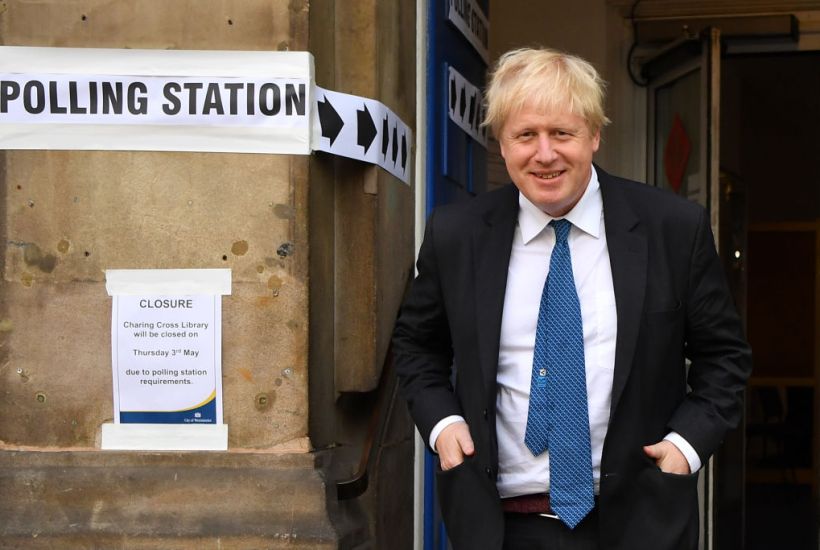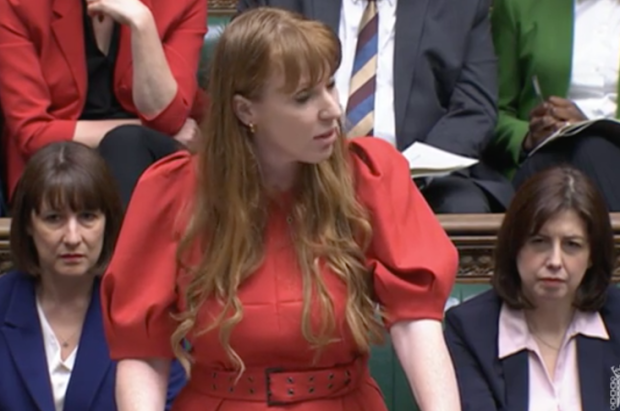When Dominic Cummings released his WhatsApp messages with Boris Johnson earlier this month, perhaps the most alarming was the one where both men fretted about ‘trends in polls and lots of focus groups over the past 2 weeks’. The texts, dated 27 April 2020, also saw the Prime Minister asking about ‘tonight[‘s] focus group and polls’.
At the heart of government, at the height of the pandemic, public health decisions and the Prime Minister’s thought process were clearly being steered heavily by a perceived negative public reaction.
I am a pollster. There are many advantages in knowing what the public think. It ensures politicians do not let otherwise hidden resentments go unaddressed. It can help organisations, from business to the NHS, land their messages in the most effective way. And it can force the powerful, often ensconced in London, to remember the attitudes of those they represent.
Sometimes, too, one really does need to listen to the public, especially if politicians are consistently on the wrong side of them: Labour clearly needs to change its platform if it ever wants to be in government again.
But we are increasingly finding ourselves in an unhealthy position. Whether on Boris Johnson’s approach to the pandemic in April 2020, on housing policy, or on the lifting of Covid restrictions, politicians are not just looking at polls as a reflection of opinion, but taking them as a call to action.
Commentators are guilty too. After the Chesham and Amersham by-election, the accepted wisdom was that the Conservatives would now need to change tack on housing policy. ‘Here is what the public thinks’ fast and almost automatically becomes ‘so this is what the government needs to do’.
There are obvious downsides to this. Too much reliance on polling from our politicians, and we risk becoming a hollow political system indeed. Governing is about just that – governing, making difficult decisions to improve the lot of the nation. When this is the aim, what is the point of being popular in the middle of a parliamentary term? The government should be chalking up by-election losses as proof they are governing boldly, especially with a majority of 80. Grasping the unique chance that the Prime Minister has to change the country is much more important than what a mid-term by-election or poll might mean.
By-elections are also in danger of being over-read. Issues are amplified in these super-focused contests, bringing things to the fore that would not register to the same degree in a general election. In 2024, the voters of Chesham and Amersham will not have the privilege of only having to think about housing, but will be choosing a future government. Equally, in Batley and Spen, issues in parts of the Muslim community are going to be less prominent in a general election, and tell us less than will be made out in just under a week’s time.
Even where by-elections do tell us something, the effect might wear off fast. Just look at the ups and downs of public opinion during the last two years: the initial stratospheric government approval ratings, the slow decline catalysed by the Barnard Castle affair, the near existential crisis for Boris Johnson’s leadership in autumn 2020. All short-term vicissitudes of public opinion that have subsequently been eclipsed by a long-planned, sensible piece of delivery in the public good – the vaccine rollout.
The habit of hanging on the public’s every word also obscures the fact that we are, at times, easily led. Poll after poll showing support for Covid restrictions has likely underpinned Number 10’s cautious approach to unlocking. But every time a restriction is lifted, the polls catch up with the reality, and people end up supporting the decision.
There are harder calls to come, particularly on how many Covid deaths the government can stomach before re-introducing restrictions. But a poll by J.L Partners in April, which found the usual support for lockdown measures, also showed that two-thirds of the electorate would support restrictions being lifted if Covid deaths matched the number of flu deaths there are every year. The public are fluid and contradictory. It is the job of politicians to chart a way through and lead them.
In my focus groups, the fondest memories of recent prime ministers – usually Thatcher and Blair – are that they had principles and beliefs that they pursued, no matter how unpopular. On the contrary, one of the main criticisms of Keir Starmer is that he changes tack depending on what he thinks is popular. Labour advisers may be clamouring to work out what they need to do to broaden Starmer’s appeal. But voters value strength and authenticity in their politicians, much more so than whether they agree with everything they say. By not listening to the public, by going against them, by being bold and sticking to it, Keir Starmer and Boris Johnson may find themselves becoming more popular not less.
There are also likely long-term political benefits for parties. There is a term for traders who sell their shares at the first sign of a dip, only then to see the price boom in the long run: ‘whipsawed’. If, every time a party feels electorally stung, they drop productive policies like planning reform or high speed rail, they risk being whipsawed – and missing out on the political dividends of bold policy in three years, five years, even ten years’ time.
So, a plea from a pollster: stop listening to the public all the time. It is good and useful to know what our fellow citizens think. But we should not elide reporting public opinion with following it. To do so is bad for our democracy, bad for our system, and bad for productive policymaking. And even if you are the most craven, cynical, popularity-obsessed politician, it is bad for your reputation too.
Got something to add? Join the discussion and comment below.
Get 10 issues for just $10
Subscribe to The Spectator Australia today for the next 10 magazine issues, plus full online access, for just $10.




















Comments
Don't miss out
Join the conversation with other Spectator Australia readers. Subscribe to leave a comment.
SUBSCRIBEAlready a subscriber? Log in